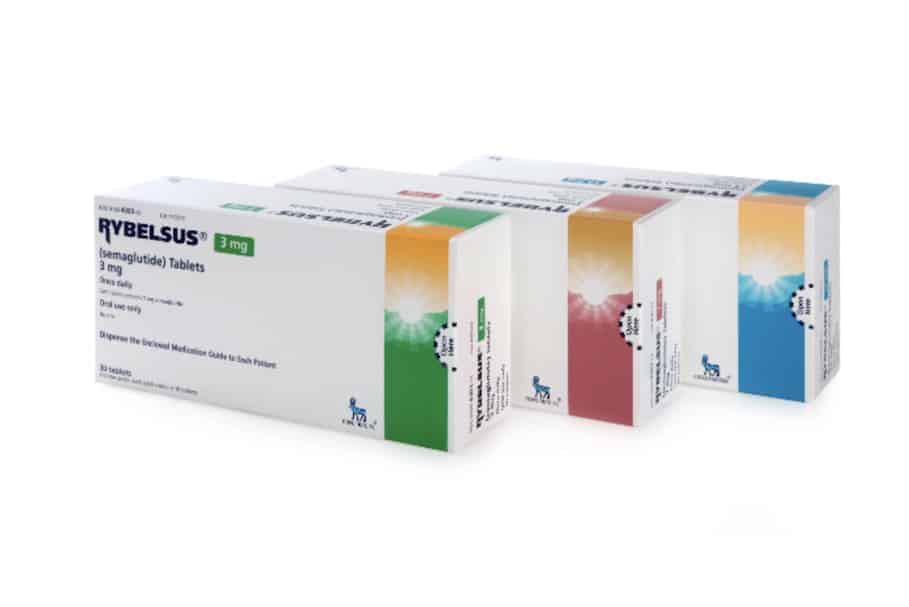Your minute-by-minute moods are caused by a complex web of factors, including what’s going on in your life, how much sleep you got the previous night, how sunny and hot it is outside and what music you’re listening to. Another element that impacts your mood is your gut health and what foods and beverages you’re consuming. While it may seem far-fetched that the pizza from last night could be causing your bad mood today, there’s actually a pretty close link between your stomach and your emotions. Here’s what you need to know about how eating affects your moods:
Serotonin and the Gut-Brain Link
Ever been cranky because of an upset, bloated stomach? That’s only one of the ways that your stomach may influence how you feel. In fact, one of the most important neurotransmitters — serotonin — is largely made in the gut.
While you may associate mental health mostly with the brain, about 95 percent of this critical neurotransmitter is produced in your gastrointestinal tract. Serotonin is made from the essential amino acid tryptophan, which must enter your body through the foods you eat. Tryptophan is commonly found in foods such as red meat, cheese and nuts.
The creation of serotonin is influenced by far more factors than how much tryptophan you’re eating. Another important element is the good bacteria that forms your intestinal microbiome. These billions of bacteria limit inflammation, help you absorb nutrients from food, protect the lining of your intestines against toxins and bad bacteria and activate neural pathways between the gut and the brain.
These bacteria can influence how much serotonin your gut makes, and when. By regulating inflammation and the nutrients you absorb, they also influence your mood. Researchers and doctors are continuing to explore this connection, and it’s given rise to a relatively new field: nutritional psychiatry.
https://ole88.casino/desktop/home
Other Ways That Food Affects Your Mood
Serotonin isn’t the only way that food and your gastrointestinal tract affects your mood. Here are some other ways that your eating habits can influence your mood:
- Skipping meals or not eating enough: Blood sugar, aka glucose, is your body’s main source of energy. When your blood sugar gets too low, it can trigger a whole host of symptoms, including irritability, anxiety, sweating, fatigue, irregular heartbeat and more. Skipping a meal or not eating enough can cause your mood to take a nosedive. If you’re feeling depressed or anxious and can’t remember the last time you ate, having a snack might actually help you feel better by restoring your blood sugar.
- Eating too much refined sugar or carbohydrates: Sugar tastes so good, but eating too much of it (especially refined sugar) isn’t great for our bodies. Because refined sugar is already partly processed, our bodies break it down very quickly, leading to blood sugar spikes and dips that can wreak havoc with your mood. Chronic consumption of excess sugar can worsen acne, contribute to weight gain and increase risk of heart disease, type 2 diabetes and even cancer. These factors combine to make you feel worse both inside and out.
- Not getting enough nutrients: Our bodies need certain amounts of various vitamins and minerals in order to keep functioning properly – both physically and mentally. If you don’t get enough of these nutrients, or you drastically reduce the amount you are consuming, that can make you feel exhausted, depressed and anxious. For example, if you’ve ever made a sudden dietary change, such as going vegetarian or pivoting to a low FODMAP diet plan, you might have noticed a big shift in your mood even if the amount of overall calories you’re consuming stayed about the same. This is because your nutrient intake did change a lot, resulting in a bad mood and lower energy as your body tries to adjust.

Tips for Better Eating and a Better Mood
You can’t eat your way out of depression or anxiety, but making some positive dietary changes can be a good complement to other treatment strategies such as talk therapy and medication. If you want to eat better in order to support your physical and mental health, here are some tips to keep in mind:
- Reduce your consumption of packaged foods, which are heavily processed and include high levels of additives as well as refined sugars.
- Watch out for refined sugars, especially in breakfast products, which are often overly sweetened and contribute to blood sugar spikes early in the day.
- Prioritize fruits and vegetables in your diet. If eating them raw upsets your stomach, experiment with healthy ways of cooking them, such as steaming and sauteing them.
- Focus on whole grain products that aren’t overly processed. The whole grains will help keep your digestive tract regular and can’t be turned into glucose as fast as processed grains, which helps to control your blood sugar.
- Seek out probiotic foods rich in good bacteria that can help promote gut health. Yogurt is perhaps the most popular example. You can also try out other fermented foods such as sauerkraut and kimchi.
- Eat less red meat each week. You can replace it with other lean sources of animal protein, such as chicken, turkey and fish, or you take things a step further and try out plant-based cuisine rich in legumes and beans.
- Consider a low FODMAP diet. Are you wondering, “What is FODMAP?” It’s an elimination diet designed to help people identify triggers for IBS and other chronic gastrointestinal problems. If you suspect some foods are upsetting your stomach, but you don’t know which ones, a FODMAP diet can help you determine your triggers.
- Don’t forget your beverages! Excessive consumption of liquids such as alcohol and caffeine can change how you feel physically and mentally. You might need to limit how much you drink them, or even eliminate them completely if they’re really impacting your health.
What you eat affects how you feel, and doctors and scientists are exploring this connection more with each passing year. Keep these tips in mind if you want your diet to support better moods.







